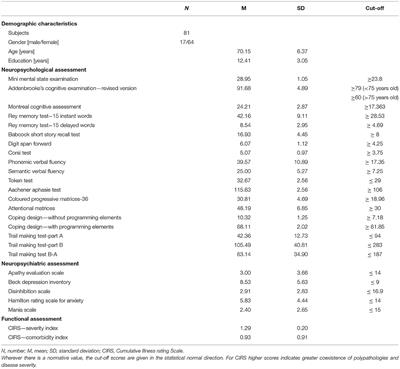EDITORIAL
Published on 18 Jul 2022
Editorial: Neuro-covid: neuropsychological implications of the pandemic
doi 10.3389/fpsyg.2022.971780
- 1,401 views
- 1 citation
14k
Total downloads
86k
Total views and downloads
EDITORIAL
Published on 18 Jul 2022
ORIGINAL RESEARCH
Published on 19 May 2022
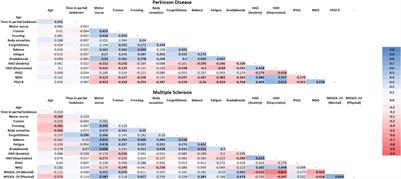
CASE REPORT
Published on 04 Nov 2021

ORIGINAL RESEARCH
Published on 07 Oct 2021

BRIEF RESEARCH REPORT
Published on 16 Sep 2021
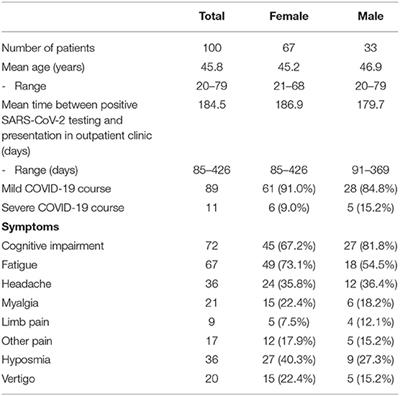
ORIGINAL RESEARCH
Published on 08 Sep 2021
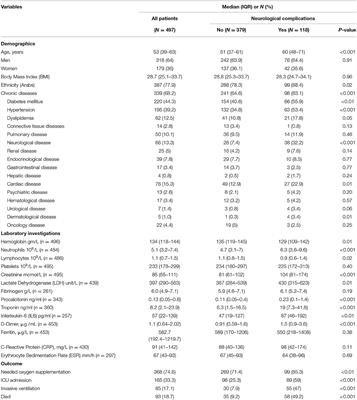
REVIEW
Published on 30 Jul 2021
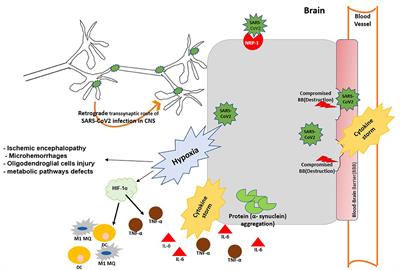
REVIEW
Published on 29 Jul 2021
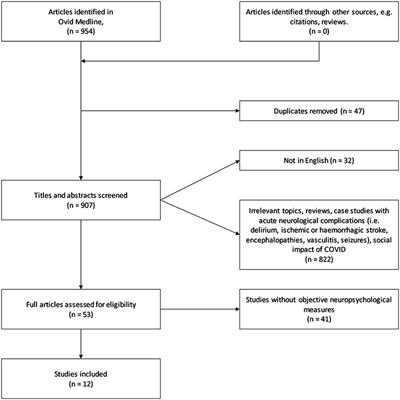
ORIGINAL RESEARCH
Published on 24 May 2021
